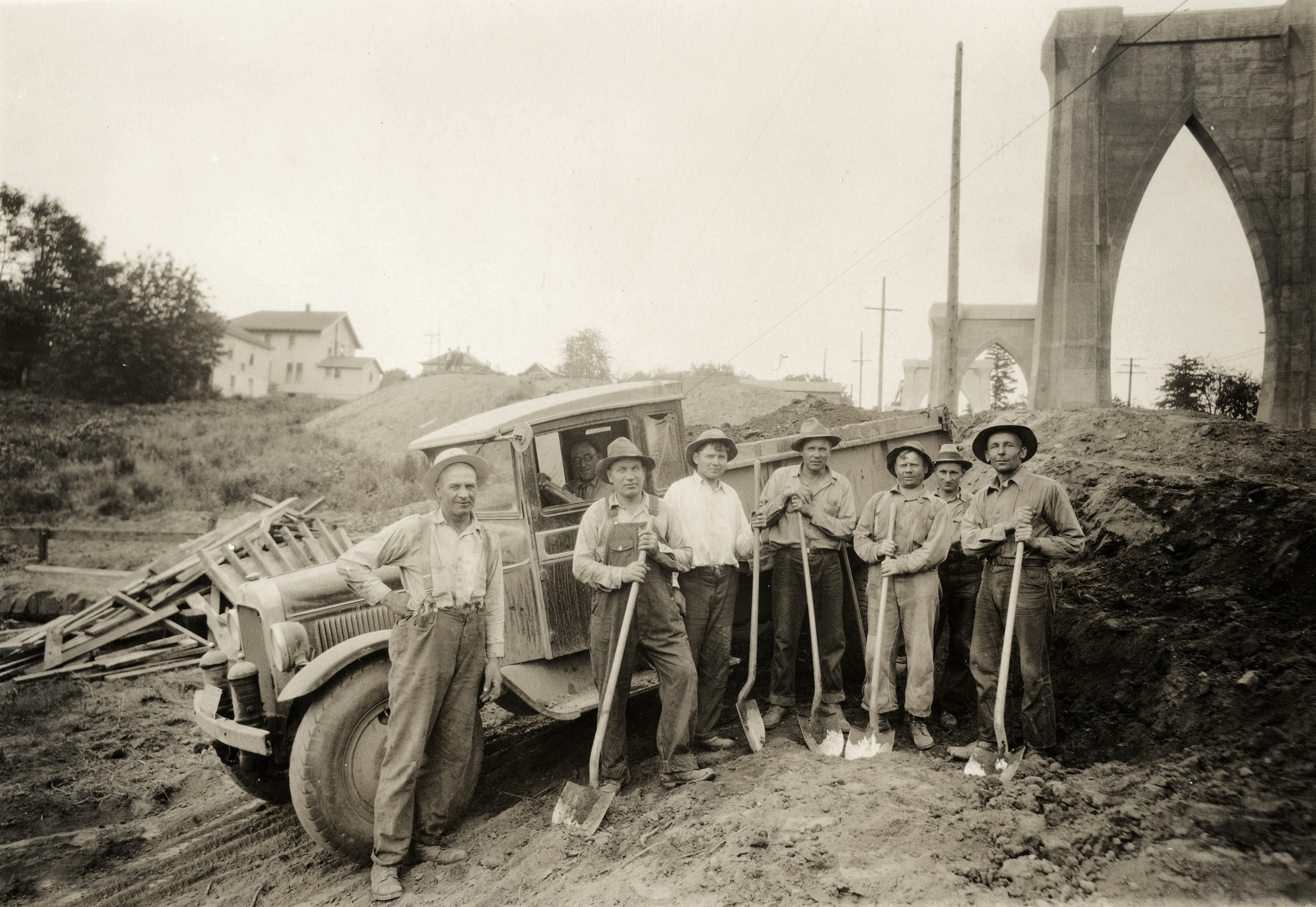ABOUT PHCAG
Portland Harbor Community Advisory Group
PHCAG Organization
Officer Roles:
Chair: responsible for the overall functioning of the PHCAG. Develop meeting agenda. Arrange for speakers and/or presentations. Conduct meetings.
Vice-Chair: shares duties of the Chair for the overall functioning of the PHCAG.
Secretary: responsible for ensuring that PHCAG activities are adequately recorded. Record the names of all attendees at PHCAG meetings. Record the deliberations, actions
Treasurer: responsible for receiving and disbursing of all funds of the PHCAG. As such, the treasurer is responsible for retaining in an orderly manner all financial records for the PHCAG including monthly bank statements, monthly treasurer’s reports, quarterly or annual balance sheets or income statements, and all receipts for expenditures. The treasurer is also responsible for supplying financial reports and payment requests that may be needed as requirements of grant awards received by PHCAG.
Partner Organizations
The Portland Harbor Community Advisory Group is one part of a network of organizations working to
Willamette Riverkeeper
North Willamette Watershed Council
Northwest Toxic Communities Coalition
Portland Harbor Community Coalition
Bird Alliance of Oregon
Yakama Nation
The Northwest Toxic Communities Coalition is comprised of non-profit groups from EPA Region 10 areas which address local hazardous substances and environmental health issues. The coalition is an umbrella organization that serves as a conduit of relevant information and resources to its members. It is a collection of Superfund groups but many others too who care about the environment, its health and future.
PHCAG Membership
| Name | Representation | Title |
| Michael Pouncil | Board Member | Chair |
| Doug Larson | Board Member | Treasurer |
| Sarah Taylor | Board Member | Historian |
| Casimira Tadewaldt | Board Member | |
| Jan Zuckerman | Board Member | |
| John Marshall | Sellwood-Moreland Neighborhood | Member At Large |
| Jackie Calder | University Park Neighborhood | Member At Large |
| Art Leskowich | St. Helens | Member At Large |
| Steve Topaz | St. Helens | Member At Large |
| Tom Chisholm | Beaverton | Member At Large |
| Bill Egan | St. Johns Neighborhood | Emeritus |
| Robin Plance | St. Johns Neighborhood | Colleague |
| Jim Robison | Chair Emeritus | Website Host |
| PHCAG Partners | |
| Cassie Cohen | Portland Harbor Community Coalition |
| Amyl Freeburg | Willamette River Advocacy Group |
| Marj Hogan | Willamette River Advocacy Group |
| Mark Whitcomb | Willamette River Advocacy Group |
| Ben Poe | Willamette River Advocacy Group |
| Laura Feldman | Willamette River Advocacy Group |
| Bob Sallinger | Willamette Riverkeeper |
| Micah Meskel | Audubon Society of Portland |
| Travis Williams | Willamette Riverkeeper |
| Scott Sutton | North Willamette Watershed Council |
| Tim Wessel | North Willamette Watershed Council |
| Patty Martin | Northwest Toxic Communities Coalition |
| Barbara Quinn | Northwest Toxic Communities Coalition |
| Darise Weller | Northwest Toxic Communities Coalition |
| Barb Miller | Northwest Toxic Communities Coalition |
| Darlene Schanfald | Northwest Toxic Communities Coalition |

The Photo Above…
…is important to the members who make up the Portland Harbor Community Advisory Group. Like the men who built the St. John’s Bridge to connect communities separated by the river, we build bridges too. Our work bridges communication gaps existing between the technical society and the general public. Our primary role is to attend all of the technical meetings so we can understand then communicate what is happening with the Willamette River cleanup. It is our hope that our efforts inform and empower citizens to have meaningful conversations about the Willamette River.
What is a CAG?
A Community Advisory Group (CAG) is made up of representatives of diverse community interests. Its purpose is to provide a public forum for community members to present and discuss their needs and concerns related to the Superfund decision-making process. A CAG can assist EPA in making better decisions on how to clean up a site. It offers EPA a unique opportunity to hear-and seriously consider-community preferences for site cleanup and remediation. However, the existence of a CAG does not eliminate the need for the Agency to keep the community informed about plans and decisions throughout the Superfund process.
Once a contaminated site officially becomes a Superfund site, the EPA provides a community involvement coordinator but no direct funding unless you apply for the TAG Grant.
The TAG grant is specifically for the CAG to hire a technical consultant(s) and not much more.
The group’s primary role is to stay current with Superfund issues and procedures,
Essentially the Portland Harbor CAG connects:
- Community
- City of Portland, Bureau of Environmental Services
- Environmental Protection Agency
- Multnomah County in understanding the Superfund process.
- Oregon Dept. of Environmental Quality,
- Oregon Health Authority
- Oregon, State Dept. of Lands
- River-businesses
State of Oregon, Governor’s Office- USACE
